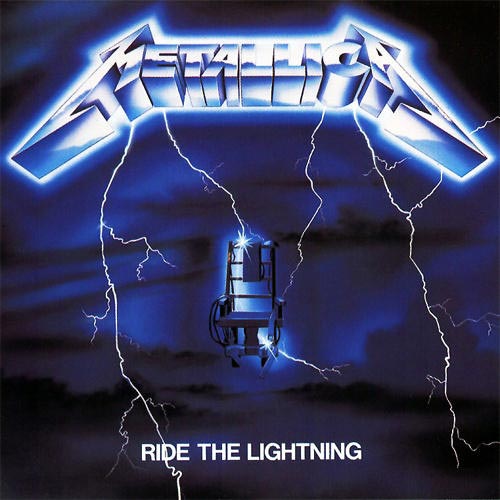I was listening to a review of a new book about leisure and was amazed to hear that an author was trying to characterize the Beat generation as “lazy” by modern standards. Lazy? Unwilling to work? That’s a total misunderstanding of the social and economic situation in the post-Eisenhower north-eastern US.
Incidentally, this misunderstanding reminds me of the typical mistake made by dominant (conservative) groups when judging counter-culture movements.
Disenfranchisement and disappointment often turns young groups into non-believers. In other words, if you look carefully at Kerouac’s relationship with his family and his neighborhood, let alone the ethnic discrimination they experienced as French Canadians, you might just understand what it was like to take a walk in his shoes. Frustrated by a failure of your parents to improve their living after decades of back-breaking labor, and facing a lack of attractive opportunities, it seems a natural path to “drop-out” and seek experimentation/entrepreneurship/invention.
If you see a dead-end are you really going to charge forward with gusto? Even suicide bombers apparently have to believe in a rewarding afterlife to perform their illogical acts of self-destruction. Hope is a powerful thing, and prematurely or incorrectly judging someone lazy seriously undermine our ability to understand their hopelessness, or their hope to evade controls and achieve “unpredictability”.
The original punk movement had a similar economic theory, coupled with the more infamous social issues. They not only felt it was unreasonable to give in to a system that demanded their input but gave little or no reward, but they also rejected the notion that the individual should succumb to the predominant dress-code and behavior. The mohawk epitomizes the “you can try to ignore me and pretend that I don’t deserve your respect as a person if I look like the normal down-and-out kid, but this two foot pink mohawk demands your attention, no?”
So what can we take away from these movements? Certainly not that there are generations of kids who are “lazy” but rather that some amazing forms of innovation come from barriers to entry. More importantly, perhaps, is that if you do not anticipate the innovation (like a spillway supports a dam) you should not be surprised to see things spin “out of control”. Just because you don’t see/feel the barriers doesn’t mean they’re all around you, and so it’s best to find them, understand them, and help people prepare for them in a beneficial/supportive fashion.
Beat, but not down. For comparison, I often ponder another form of innovation in the late 1950s (finding self-awareness as opposed to challenging others’) epitomized by the Confessionals, like Sylvia Plath:
Daddy, I have had to kill you.
You died before I had time–
Marble-heavy, a bag full of God,
Ghastly statue with one gray toe
Big as a Frisco seal

